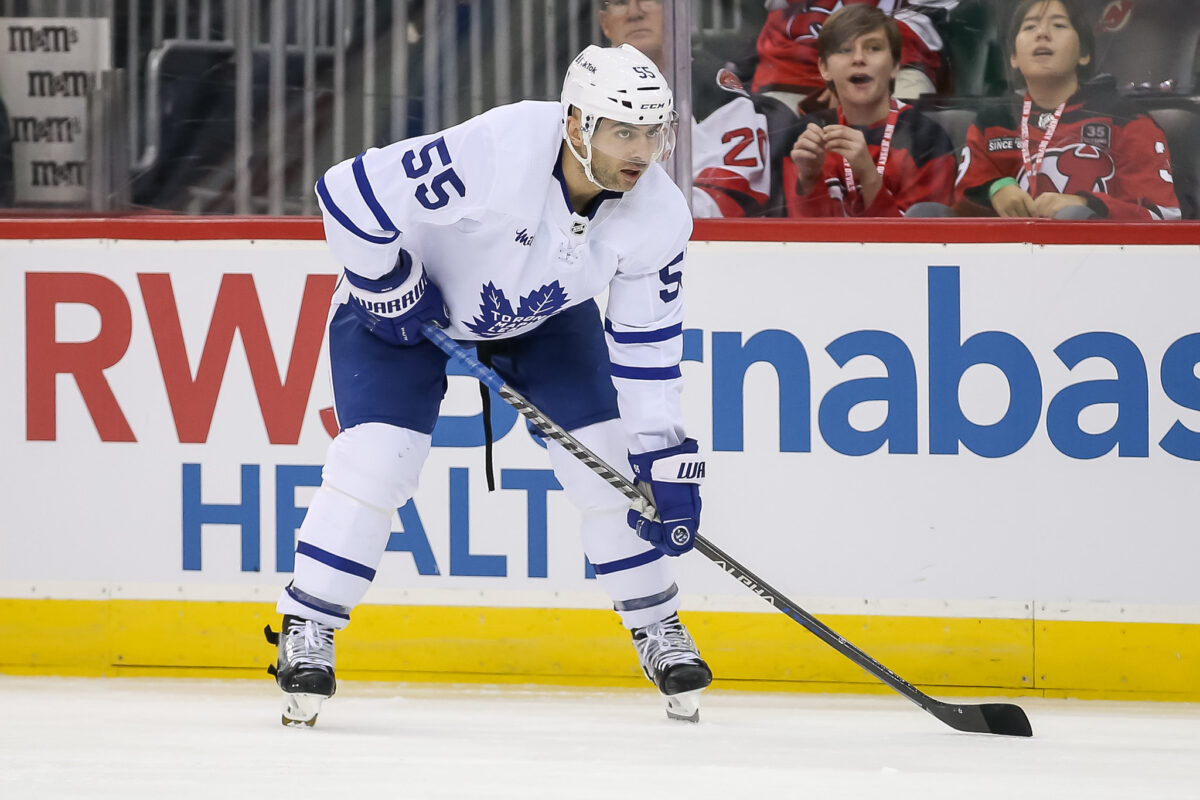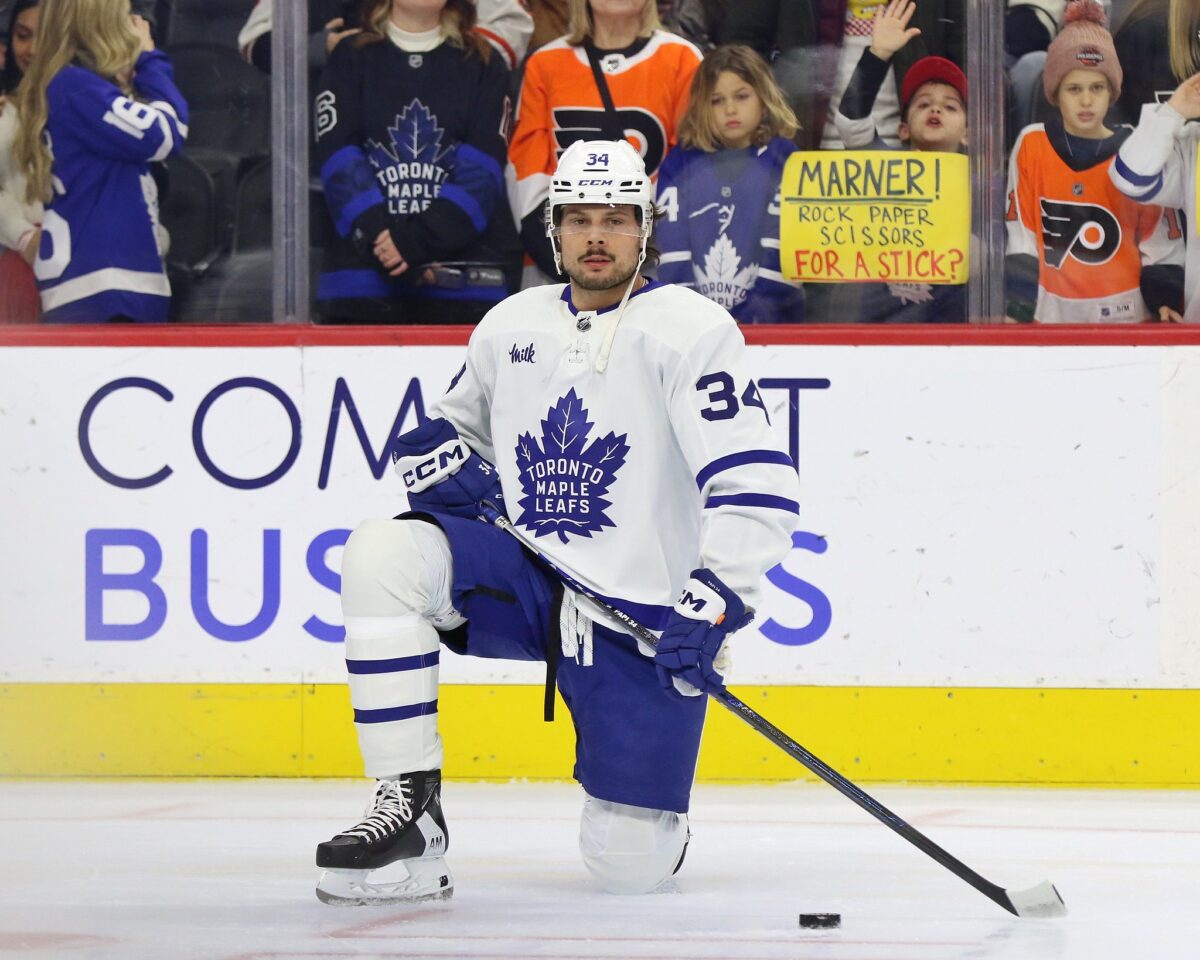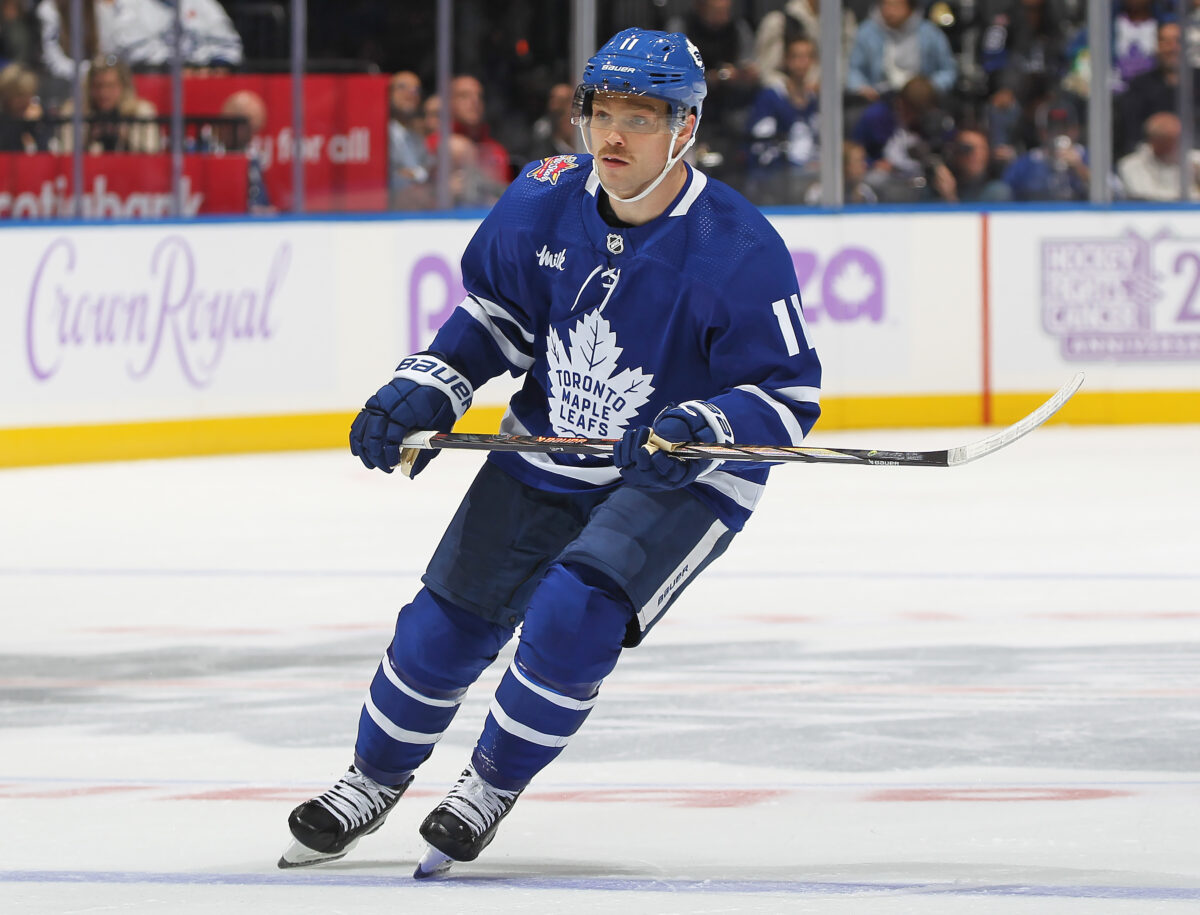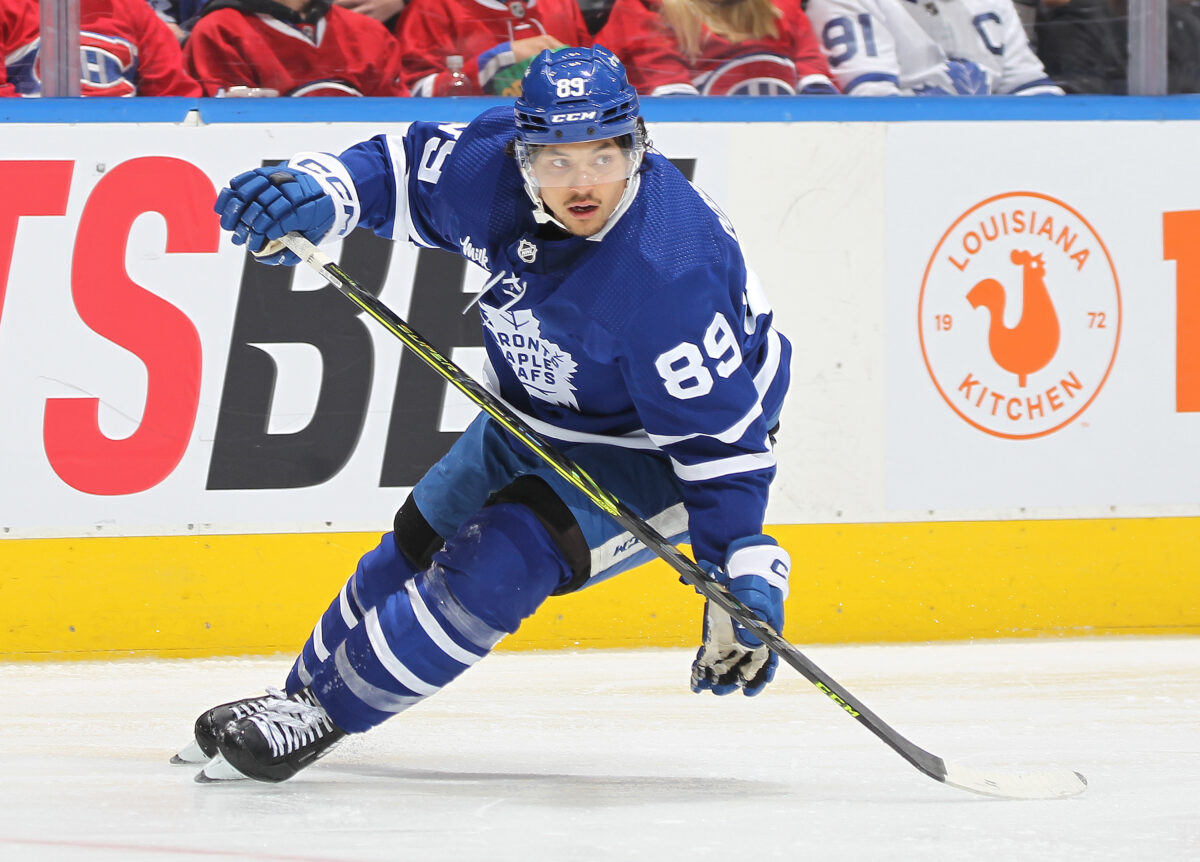Professional hockey, at the NHL level, is a game where physicality, intense competition, and occasional on-ice altercations just come with the territory. There’s also an element of intimidation that seems present in the game itself.
In NHL hockey, when teammates stick up for each other, that action serves several crucial purposes. Here are six ways I believe that total team engagement in protecting each other as teammates makes a huge difference on the ice.
Six Reasons Protecting Each Other Builds Team Unity
First, hockey is a team sport. It demands cohesion and mutual trust among teammates. When players show their willingness to stand up for each other, it builds a sense of unity and camaraderie. This solidarity also builds a positive team culture and creates a tight-knit group that will better weather the ups and downs of a long and challenging regular season. And, if it comes to that, it’s a boon to postseason success as well.
Second, the physical nature of hockey leads to hard hits and aggressive play. When teammates are quick to respond to perceived and obvious transgressions against their teammates, it sends a message to opponents that there are consequences for taking liberties. This deterrence can influence the way other teams approach physical play in ensuing games.
Third, hockey is more than physical; it’s also emotional. When teammates see each other stepping up to defend teammates, that provides an emotional boost to the entire team. This heightened emotion translates into increased energy, determination, and focus on the ice.
Related: Every NHL Team’s All-Time Best Goal Scorer
Fourth, players who are willing to take on a physical role, whether by fighting or simply standing up for a teammate, earn the respect of their peers. This is an unofficial kind of leadership, even if it comes with penalties or suspensions. Such leadership helps galvanize a team and create a culture where everyone belongs to the group and feels supported.
Fifth, it’s a psychological advantage when a teammate knows he has the support of their other teammates. Hence, players feel more secure and confident on the ice. This psychological advantage can impact performances positively and contribute to the kind of collective mindset that makes the long haul of hockey less of a challenge.

Sixth, while there are inside-team dynamics, there are also relationships between the team and its fans. To many fans, the team represents a second family of sorts. Thus, fans appreciate and resonate with players who demonstrate loyalty and commitment to each other. That’s the way families work best. Going to battle for a “loved one” thus enhances fan engagement and creates a stronger connection between the team and its supporters.
Related: Today in Hockey History: Nov. 12
Fighting and physical confrontations are subject to rules and regulations within the NHL to keep play safe. However, when these rules are not deterrents for keeping players safe, the idea of teammates sticking up for each other is an internal answer for the egregious behavior of the opponent. In that way, sticking together in the battle is about creating a culture of support, accountability, and shared responsibility. These concepts contribute to the overall success of the team.
The Maple Leafs Are Becoming a Team With an Ethos of Accountability
In Saturday night’s game against the Vancouver Canucks, the Toronto Maple Leafs showed a newfound sense of camaraderie and team unity. Despite being labeled as a team lacking physicality, the Maple Leafs proved their commitment to each other’s well-being.
During the offseason, tough guy Ryan Reaves was signed by the Maple Leafs’ management as an answer to the accurate narrative that Maple Leafs’ players would not step up to defend their teammates. The previous team ethos was very logical. It was that “our effective power play will be the deterrent to opponents taking liberties with our players.”

(Amy Irvin / The Hockey Writers)
To my mind, there were three things illogical with this seemingly “logical” concept. First, it didn’t work. Opponents continued to take physical liberties with Maple Leafs players. Second, it ignored the emotional aspect of the game. Hockey is logical in terms of strategy, but it is not logical in terms of the emotions needed to play the game energetically. Third, because not all of the team could be part of the so-called power-play deterrent, it didn’t involve the bulk of the team. It put even more of an onus on the elite players who played with the man advantage.
Saturday night was different. The “we’ll take care of each other” mentality the Maple Leafs engaged in was borne by Mark Giordano and Max Domi, neither considered to be part of the team’s elite. It was far from logical because the pushback also came with penalties.
Related: Remembering Maple Leafs Tough Guy Jim Dorey
Both players were given instigator penalties and each had to sit out 17 minutes of the game (two minutes for instigating, five minutes for fighting, and 10 minutes for misconduct). Yet, although the Canucks scored on both the ensuing power plays, penalties and all seemed to fuel the team’s success against a formidable Canucks team.
Taking Care of Each Other vs. Staying Out of the Penalty Box
Perhaps last night’s game was a one-off. Perhaps the team won’t energize itself by taking care of each other instead of a more logical “let’s stay out of the penalty box” decision. The question arises: Is it more important for a team to prioritize taking care of each other over the potential penalties that come with fighting and being an instigator? I think the answer is taking care of each other is more important.
After the game, in an informative interview with veteran Giordano, who had engaged in a fight with Canucks tough forward Dakota Joshua, Giordano talked about his role in the altercation. Despite the penalty incurred, Giordano expressed no regrets and emphasized the significance of sending a message to opposing teams.

Giordano acknowledged that constant fighting is not a worthwhile goal. However, in specific situations when a teammate is on the receiving end of a clean (but dangerous) hit, answering with physicality becomes crucial. His decision to drop the gloves with Joshua not only injected energy into his own game but he believed also sent a message to other teams.
Related: Maple Leafs’ New Whipping Boy: Morgan Rielly
By showing that his team won’t tolerate opposing teams making dangerous plays against his teammates, Giordano believes the Maple Leafs must establish a team ethos (and the corresponding reputation) that they will stick up for each other. He wants that ethos to continue to resonate (both inside the team and externally with other teams) throughout the season.
A Clean Hit Does Not Equal a Harmless Hit
One of the most misunderstood phrases used during physical games is the concept of a “clean hit.” In hockey, a “clean hit” refers to a body check or physical play that is executed within the rules.
That’s fine and dandy. However, a clean hit is not the same as a “safe hit” or a “non-dangerous hit.” The term is used to describe a hit where a player makes contact with an opponent in a legal (non-penalty-drawing) manner. However, as was the case with the Canucks’ Ian Cole’s hit on Nick Robertson, while the hit did not draw a penalty, it was far from a safe hit.

Cole is 6-foot-1 and 225 pounds. Robertson is 5-foot-9 and 178 pounds. That four inches and almost 50 pounds of extra weight presented a huge mismatch. It could hardly help but, given the size difference, become a high hit on Robertson. That the smaller Robertson bounced back up none the worse for wear, it seemed, did not make it any less dangerous.
That an undersized Max Domi responded by engaging Cole was a response to that dangerous hit – penalty worthy or not. Domi too was part of the culture building the Maple Leafs engaged in on Saturday night.
The Maple Leafs Are Sending a New Message
Giordano’s interview reflects the Maple Leafs’ need to maintain team morale, protect teammates, and strategically use physicality to make a statement. In doing so, they demonstrated solidarity and unity.
Related: 7 Cool Things About Jarome Iginla: Calgary Flames Hall of Famer
As well, Giordano’s and Domi’s willingness to stand up for their teammates adds a layer of toughness to the team’s identity. If it continues, it will influence their own performance and the performance of other teams in the long run. We’ll see how that works.
However, if this is the dawning of a new ethos on the team, it’s going to go a long way toward making the Maple Leafs a formidable opponent both during the regular season and in the playoffs.
